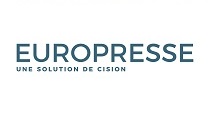How do I... - Wednesday 19 April 2017
The bibliographic search for professional thesis or dissertation
To be efficient, bibliographic search for the professional thesis or dissertation must be undertaken in a methodical way. A good knowledge of the Learning Center resources is also necessary.
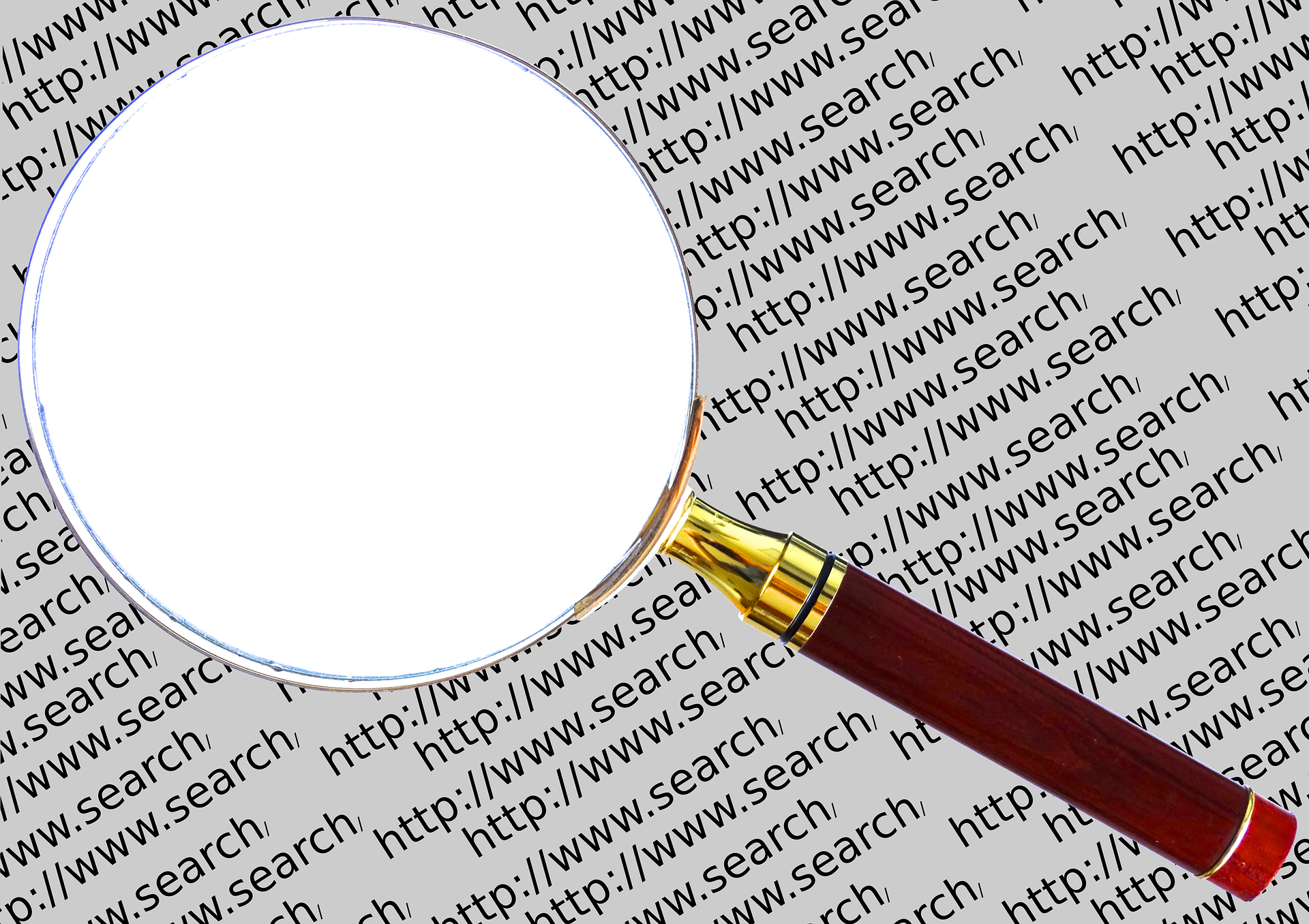
Indeed you have to realize a “review of literature”, that is a state-of-the-art on what has been written on a given subject. To do so, knowing key resources which give access to academic or professional articles will be very helpful!
But one thing at a time. You begin your search: what are the key steps to follow without getting lost in the process?
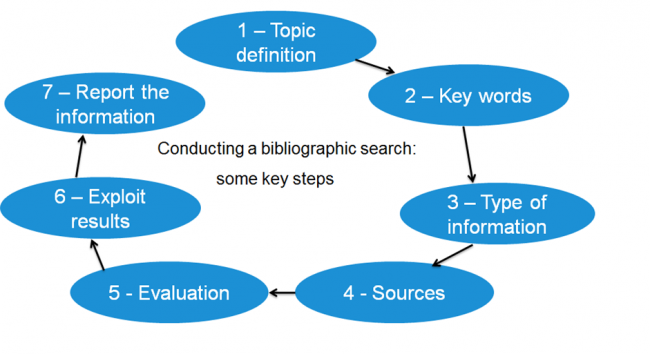
1. Limit the subject of your dissertation
From your beginning topic, you have to define a research problem. Answering those few questions: What? Who? Where? When? How? Why? will help you consider all the dimensions of your topic. Based on your starting theme, you'll need to define your exact problem, in conjunction with your thesis/dissertation supervisor.
2. Define appropriate keywords
Think of the different terms that you can use to consult the different resources relying on the concepts you have identified.
Don’t stop to the first term that arises, but try to think about synonyms, close terms, more generic or more specific terms, so that you can keep moving on if your first results are not satisfying.
3. Define the type of information to find
As part of the review of literature, you might have to find theoretical analysis, or practical applications in companies, on a management subject for example. But you could also need market data, statistics, legal information or financial data...
4. Consult the right resources
The previous step determines the sources or resources you will use. For the review of literature you are going to focus on books of course, but also on “academic” (research) and professional articles.
5. Evaluate the results
You must systematically ask yourself if the documents you got are valuable, in a double dimension:
- Reliability: are facts or data advanced in the documents true? Is the author known and recognized? What’s his goal: a theoretical analysis or rather the expression of an opinion)? Is there a date?
- Relevance: a given document can be reliable, but not relevant in respect of your needs, and what you want to demonstrate
In other words be critical with what you find.
You must pay critical attention to results found on internet. Always try to identify the organism or author of the site.
Besides, don’t collect more documents than you can deal with, for example if your topic is widely covered by literature. Be realistic with your work load evaluation!
6. Organizing the results
You may collect a huge number of documents throughout your search.
Capitalize those results as you go further in your search to make sure that you do not get weighed down under a great amount of information that you will not be able to deal with!
Give clear titles to your documents, articles or else, that you download and file them into folders, by subject for instance, on your PC.
List the results you found in an (using Zotero, or Excel for instance) file in which you write the document references (title, source, date, name of the file, findings…).
Following this process will help you save time when using your sources but also when writing your bibliography!
7. Using the information in your thesis
It is the thesis/dissertation writing part. Your thesis has to be organized according to a consistent outline.
Throughout your demonstration, you will use the bibliographic references that you will have selected and that you will imperatively quote. This is also when you will start to build the bibliography that you will be presented at the end of your work (we will get back to these two crucial elements).
Of course, this way of putting the process is schematic: you will probably go back and forth between the steps. For example, it often happens that according to the documents you find, you widen the key word list, you might even adapt your thesis or dissertation topic.
After seeing the general process, let’s have a look at step n°4.
Which resources should you favour for your literature review?
First of all, look for books that deal with your topic or part of your topic on Discovery.
If your are doing an internship and therefore not present on the campus, you may check ebooks which are listed in the catalogue too.
Academic articles are scientific, thorough articles that build, with books, a solid base to your work.
The “Journal of Finance” or the “Journal of Marketing” are two examples for academic review, but many others exist in all possible fields of research including Management.
You can find information with a professional and practical point of view in articles from professional periodicals. There is a great number of journals and magazines providing access to this type of articles. For instance, in the marketing field you may look over “Advertising Age”, Marketing Week” or “New Media age” for example.
The table below shows the main resources giving access to all those articles. Do not forget to read the description for each resource you visit before accessing it, so that you have a more detailed idea of their content and specificities (language, technical features, etc).
Resource |
Type |
Notes |
Business Source Complete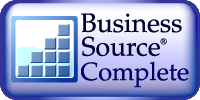 |
Academic articles Professional articles |
An essential resource for all management themes as well as for sector-specific research |
Google Scholar Inside |
Academic articles Conference proceedings Book summaries |
An interesting following to Business Source COmplete. Note that full text might not always be available |
Cairn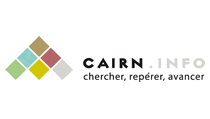 |
Academic articles | French review portal (management, humanities) |
Science Direct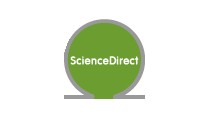 |
Academic articles | Scientific reviews (useful for those researching an engineering-related topic) |
Factiva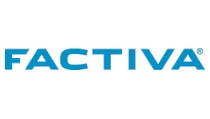 |
Professional articles | Multilingual, Factiva also contains news articles. |
|
|
Professional articles | Multilingual, Europresse also contains news articles. |
You are going to use part of the documents found during your research. To avoid plagiarism, it is important to cite the sources you draw inspiration from, whether you are citing them directly by using quote marks or rephrasing them.
For more information on this topic, you will find details about the two different ways to cite a source (footnotes or directly in the text) in the downloadable presentation below.
Here is a complete post about plagiarism, including a downloadable guide to learn how to avoid it! Remember ESSEC professors are using an anti-plagiarism software to analyze theses and dissertations.
Lastly, all the references you have used will have to be included in the bibliography at the end of your document. There are different ways to organize and format it, but what matters most is to pick one and stick to it, so that your bibliography is homogeneous.
Here is a guide to put together your bibliography.
Feel free to download this presentation:
It covers all the information given on this post, as well as details on the different resources.
Now is your turn! And don’t forget that we are here to help!

